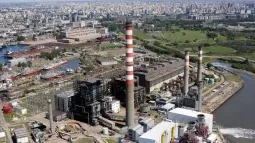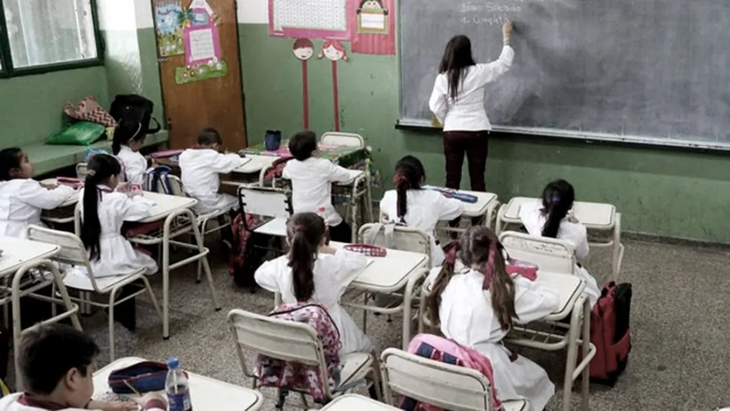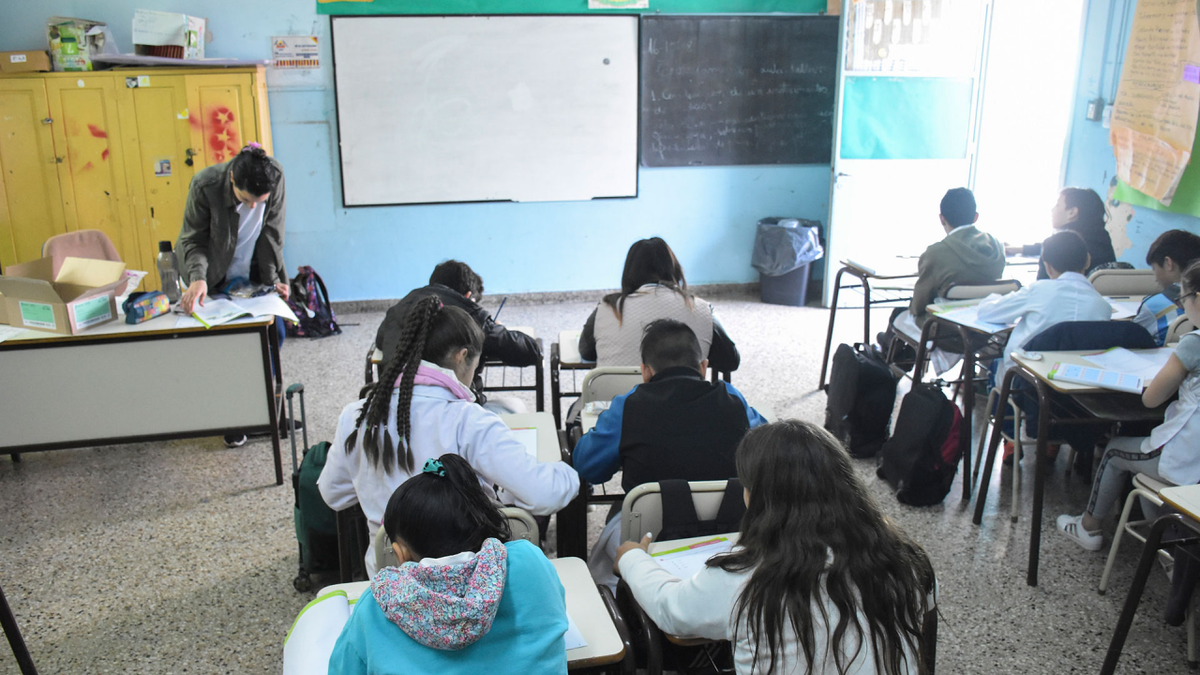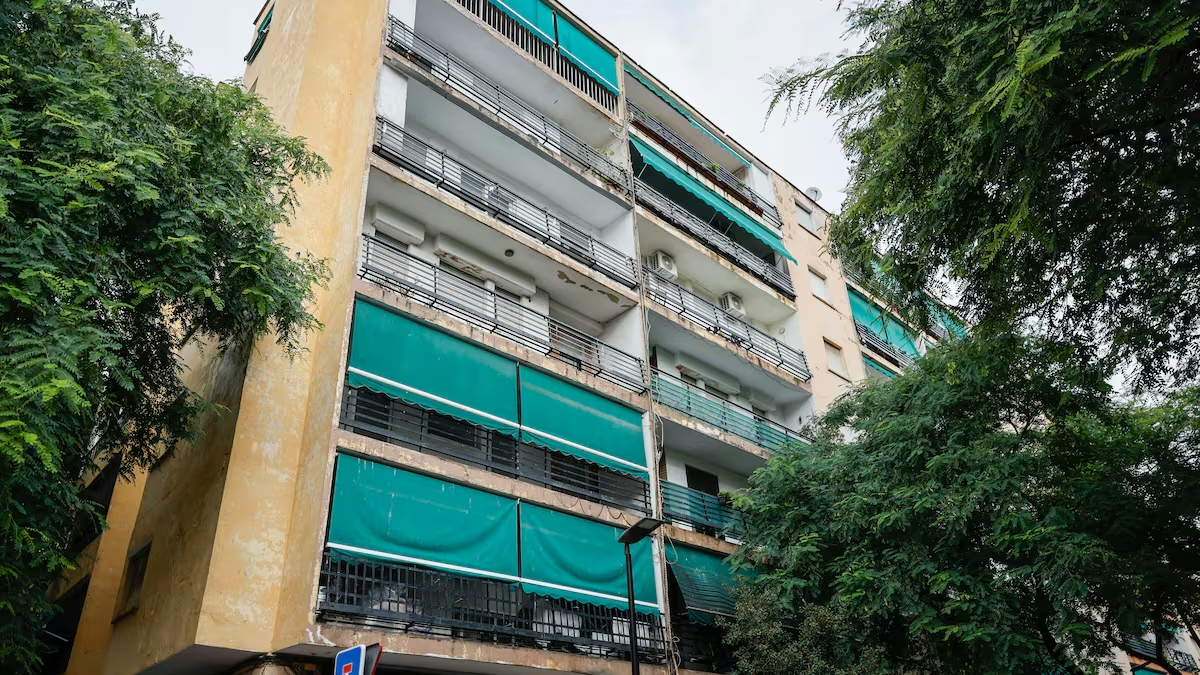The Buenos Aires Ministry of Education presented a new curricular design for the primary level. Focus will be placed on key subjects such as Language and Mathematics and training in financial education will be incorporated, among other modifications.
Changes are coming to the curriculum for 2025 in CABA.
He Government of the City of Buenos Aires advances with a series of changes in teaching in primary schools, with the focus on Language and Mathematics. The announcement will be made by the head of Government Jorge Macri this Monday, in which he will give details, among others, on training in new areas such as digital, environmental education and financial. Adds the modifications announced for secondary school starting in 2025.
The content you want to access is exclusive to subscribers.
The Buenos Aires Ministry of Education advanced the main points of the measure. “We made the decision to change the way we teach and learn to read and write, focusing on literacy, and in mathematics on solving problems with everyday examples. We adopted a directed learning model, depending on the different ages, well structured and with greater intervention by the teacher in his role as teacher and tutor” he expressed Jorge Macri.


CABA: what are the changes in teaching in primary school
The new proposal aims to improve the learning of two basic subjects such as Language and Mathematicsespecially in 1st, 2nd and 3rd. The Buenos Aires Minister of Education Mercedes Miguel pointed out that “this new curricular design for the primary level replaces a model that is 20 years old. We seek for students to completely master the foundational learning, that is, language and mathematics. These essential knowledge are like the first bricks of a construction that must be solid to be sustained in the long term.”
For the official, “if children do not learn to read and write, they will not be able to acquire the rest of the knowledge to be able to build their future or continue on a path full of learning, skills and knowledge, where each knowledge drives the next.”
classes.webp

The changes that are coming to CABA primary schools starting in 2025.
Regarding the new learning competencies that the new curriculum has, Miguel highlighted. “It also incorporates key learnings such as socio-emotional well-being, digital education, financial education and artificial intelligence; and the development of key capabilities such as autonomy to learn, reflective and critical thinking, communication and problem solving. We seek to improve learning and ensure that students arrive at secondary school better educated,” he expressed.
Changes in Language
In the first three grades, they will focus on initial literacy (1st, 2nd and 3rd) with the phonological awarenessthat is, the teaching of sounds and letters. Therefore, they will have 8 mandatory hours per week during these three years.
Meanwhile, in the second cycle (4th, 5th, 6th and 7th) there will be 6 mandatory hours per week and strategies will be used for understanding more complex textsin addition to the production of texts.
Changes in Mathematics
The most important modification It is linked to the implementation of more practical exercises, data analysis and statistics linked to real life situations, leaving behind systematized formulas.
Digital, environmental and financial education: the new transversal areas
On the other hand, the Buenos Aires authorities indicated that the new curricular design for the City’s primary schools seeks to prepare students for a reality that changes all the time and requires new knowledge linked to digital and financial education.
According to the information provided by the City Ministry of Education, these will be the new transversal areas:
- Socio-emotional well-being: promotes a safe and respectful learning environment, based on empathy, dialogue and active listening, facilitating the development of skills such as self-regulation and teamwork.
- Financial Education: seeks to prepare students to make informed and responsible decisions in their personal and professional lives.
- Digital education: It trains students to be both users and creators of technology, enhancing their skills in the face of current challenges.
- Development of key capabilities: encourages autonomy to learn, critical thinking, effective communication and problem solving.
- Cross-sectional areas: It also incorporates ethical and civic training, comprehensive sexual educationprogramming and robotics, and environmental education.
- Cross-cutting themes: addresses aspects such as food educationsafe and sustainable mobility, and prevention of problematic consumptionthus integrating more holistic learning.
Source: Ambito
I am a 24-year-old writer and journalist who has been working in the news industry for the past two years. I write primarily about market news, so if you’re looking for insights into what’s going on in the stock market or economic indicators, you’ve come to the right place. I also dabble in writing articles on lifestyle trends and pop culture news.




